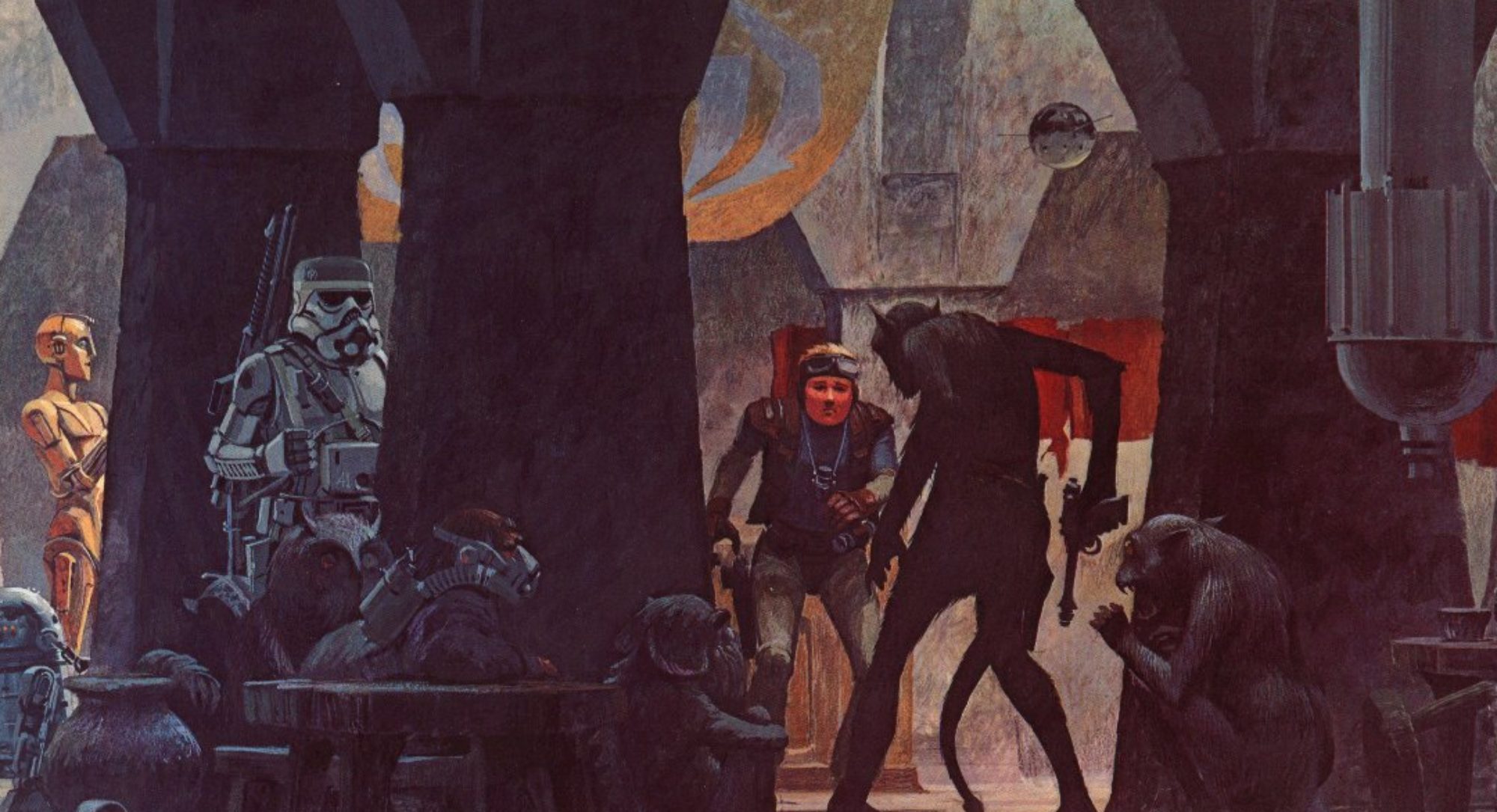Recently, Felicia Day posted a video outlining her plans for a second series of shows for her Youtube channel, Geek & Sundry. If you haven’t already seen it, take a few minutes to watch, above.
I’ve been mulling over this for a few days now, because the whole “we need to re-own the word Geek” part of it really kinda rubs me the wrong way. I hemmed and hawed about unpacking that in any really public way, knowing that this would have me seen as publicly being “against” Felicia Day, a monolithically popular figure in online geek circles. But I found that I was genuinely curious if it was just me, or if other people felt the same.
The whole angle strikes me as very similar, ironically, to the whole “fake geek girl” outrage. The idea that there are “Real” geeks — by definition — who need to somehow “take back” the term, away from the non-genuine users, who only use it as a marketing label; a category by which consumers are classified.
I’m sorry — but Geeks aren’t Rebels. Some are, sure. But despite the protestations in the video, Geeks have pretty much *always* been defined by their entertainment fandom — and it was their love of those things that made some of them outcasts, as the “popular kids” ostracized them. What came first, the chicken or the egg? The nerdy love of comic books and Star Trek, or the outsider status that came with that love? But to claim that it is the Outsider, the Rebel, etc. that marks the “true” geek is uncomfortably close to the cries of the guys who are bitching that attractive girls can’t been geeks because they didn’t “suffer for it.”
Another thing: the idea that “Geek” is being commodified by some outsider group (especially ironic coming from somebody trying to market videos to the same audience) is a massive ball of hipster bullshit. Geek is mainstream because geeks are now in positions where they are creating and decision-making in entertainment — they’re producing stuff that interests them, which is attracting the like-minded. Combine that with the aggregating and communication ability of the internet, and it means that what might be a small subculture in a particular school or town is suddenly and inescapably seen as a fairly large national (hell, global) interest group.
…and let us not forget that geek stuff has always been popular, sometimes massively so (Star Wars, anyone?). The main difference is now people are comfortable with identifying with the label. (Everybody loved Star Wars in 77/78, but few would’ve called themselves “geeks.”)
Geek is about loving stuff, and sharing those interests with others. It doesn’t matter if you came to it early, suffered through bullying because of it, or just walked into it yesterday because you played “Bioshock Infinite” and really dug it. It’s all good, and the tribalist crap of “re-owning” the word, of attempting to define what makes a “real” geek, is really disappointing, especially coming from a high-profile person whom many view as an ambassador of the culture.
I welcome your thoughts in the comments below.


